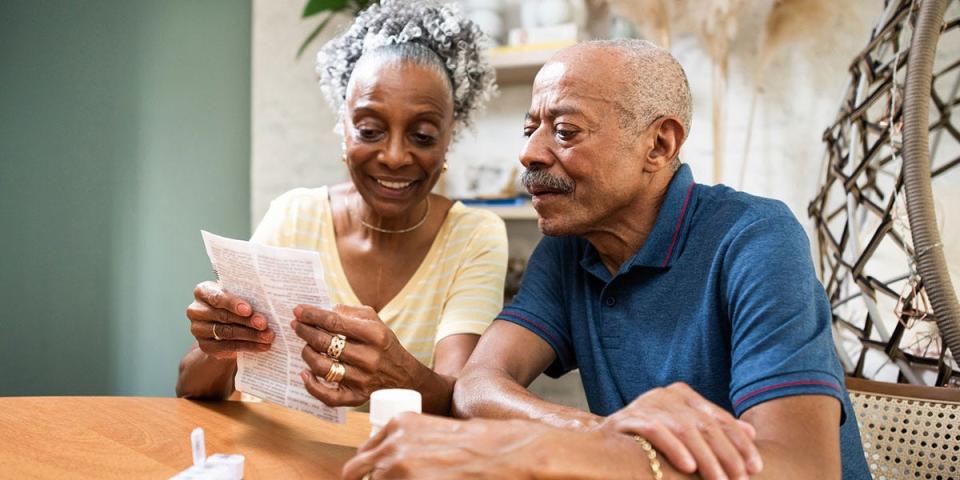Letters: Columbus school bus call offs a 'calamity' in making that leaves kids stranded
Bus stop tragedy must be averted
The recent Dispatch article casts a dim light on the calamity of school busing in Columbus. This failure to assure proper notification and drop-off of students in the modern world of technology is unacceptable.
Columbus kids aren’t supply-chain commodities but are little treasures who need safety and security.
More:Students, parents upset as about 100 Columbus City Schools bus drivers calling off daily
I know the government way to handle this issue is to throw more money at the problem and it is time to try a capitalistic solution such as Uber a child from home and school.
We need to change the system before a tragedy occurs.
Michael Oser, Columbus

Share your thoughts:How to submit a letter to the editor for The Columbus Dispatch
Medicare patients shouldn't bankrupt
We write regarding the Sept. 9 column, "Surgery at one hospital may cost thousands more than another."
Arielle Kane:Hospitals charge wildly different for same operations. New rules won't fix that
Arielle Kane deserves applause for the research on hospital pricing, showing it fluctuates wildly for the same service from one Columbus hospital to another. She cited one case, knee replacement surgery.
The Health Policy Institute of Ohio documents a whole lot more disparity, and how Ohio ranks near the bottom of the states in health care provision and outcomes while prices for medical services escalate. You can get the Ohio report on 2021 at https://www.healthpolicyohio.org/2021-health-value-dashboard.
More:Hospitals charge wildly different for same operations. New rules won't fix that| Opinion
If a patient had Medicare for All (House Resolution 1976 and Senate Bill 2404), and an orthopedic surgeon determined a complete knee replacement was necessary, the patient bill would be $0. The public insurance established with public funding from all of us would pay the bill.
While most people still believe Ronald Reagan's assessment that "the government can't do anything right," they apparently have not noticed that the federal government already pays for 60% of health care provision in the U.S. through Medicare, Medicaid, State Children's Health Insurance Program (SCHIP), Veterans Affairs, and Indian Health Service (IHS).

The Center for Medicare-Medicaid Services spends 2% of revenue on administration, while for-profit health insurers are unhappy that they are limited to 20% of premiums for their administration, which of course, include profits, and seven- and eight-figure incomes for their administrators.
More:Letter: Crisis makes clear: We need Medicare for All
Most people "believe" that Medicare for All is standard Medicare applied to everyone. It is not.
Standard Medicare only pays for 80% of medical costs, and requires the covered patient to come up with the other 20%. That is not a bargain.
People on Medicare can and do go bankrupt from medical bills.
Medicare for All covers 100% of all necessary healthcare, including services not included in standard Medicare, like medications, vision, dental, hearing and long-term care. Necessary medical services would cost the patient $0.
We are never going to control health care costs unless we do what 58 other nations have done starting in 1883. These governments require health care funding for all their residents. No one goes bankrupt because she/he needs necessary healthcare. This is what Medicare for All does.
And it is a whole lot less expensive.Bob Krasen, SPAN Ohio Columbus Area Coordinator; Dr. Ean Bett, Columbus; Dr. Brad Cotton, Circleville; Dr. Alice Faryna, Columbus; Rita Haider, RN, Columbus; Connie Hammond, Registered Pharmacist, Columbus; Mindy and Don Hedges, Radnor; Joan Matyskella, RN, Columbus; Arlene Sheak, Master of Social Work, New Albany; Marilyn Webster, RN, Columbus
This article originally appeared on The Columbus Dispatch: Letters: How would Medicare for All work?

